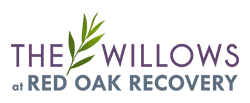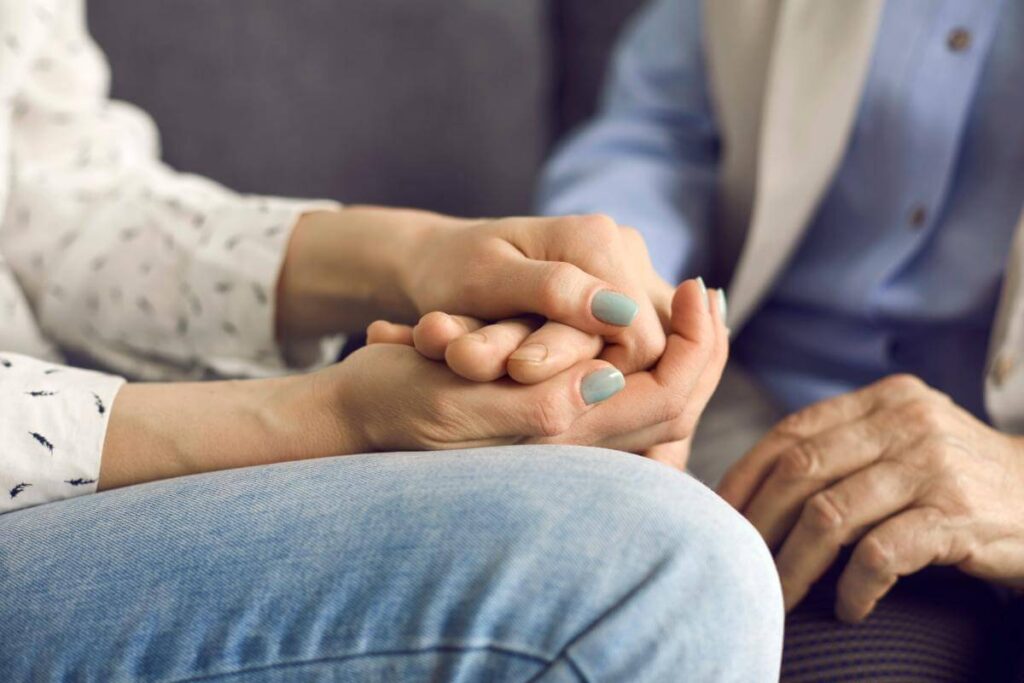When someone you love self-harms, it can be tough to know how to help. Often self-harm is a sign of a deeper underlying mental health issue, such as depression, anxiety, or an eating disorder. If you’re concerned that someone you care about is self-harming, the best thing to do is to talk to them about it. It’s essential to be open, understanding, and non-judgmental. Self-harm is a way of coping with difficult emotions; your loved one may feel ashamed or embarrassed. Offer support and encouragement, and let them know you’re there for them.
Sometimes, the best way to help someone who self-harms is to encourage them to get professional treatment. The mental health treatment at The Willows at Red Oak Recovery® in North Carolina is equipped to handle self-harming and the issues that come with it. Contact us today at 855.773.0614 for more information.
What Is Self Harm
The act of self-harming may seem scary or confusing, but it’s important to remember that it’s usually a coping mechanism for someone dealing with difficult emotions or situations. People who self-harm often feel like they have no other outlet for their pain.
Self-harm can take many forms, but cutting and burning are the most common. Other forms of self-harm include:
- Hitting or punching oneself
- Scratching oneself
- Pulling out hair
- Interfering with wound healing
- Swallowing poisonous substances or objects
- Banging one’s head
- Branding or carving words or symbols into skin
- Reckless driving
- Self-mutilation
Most people who self-harm do not intend to die from their injuries. Instead, they use self-harm as a way to cope with their pain, numbing their emotions or providing a momentary release from their suffering. Unfortunately, self-harm can become addictive, and the urge to self-harm can be hard to resist.
It’s important to remember that self-harm is not a attention-seeking behavior. People who self-harm are usually very ashamed of their injuries and go to great lengths to keep them hidden. If you suspect that someone you care about is self-harming, the best thing to do is to talk to them about it.
How to Help Someone Who Self Harms
It is often difficult to help someone who is self-harming. However, there are some things that you can do to support your loved one:
- Listen to them. Sometimes people need someone to listen to them without judgment.
- Try to understand why they are self-harming. There may be some underlying mental health issues, such as depression, anxiety, or an eating disorder.
- Encourage them to get professional help. The mental health treatment at The Willows at Red Oak Recovery® in North Carolina is equipped to handle self-harming and the issues that come with it. Contact us today at 855.773.0614.
- Be there for them. Self-harm is a way of coping with difficult emotions, and your loved one may be feeling ashamed or embarrassed already. Don’t further add to their shame or embarrassment. Instead, be supportive and understanding.
- Help them develop other coping mechanisms. Once your loved one is ready, help them find other ways to deal with their emotions, such as journaling, talking to a therapist, or participating in recreational activities.
Help for Self Harm at The Willows at Red Oak Recovery®
Your loved one shouldn’t have to feel alone any longer. For more information on mental health treatment at The Willows at Red Oak Recovery®, contact us online or at 855.773.0614 today.


